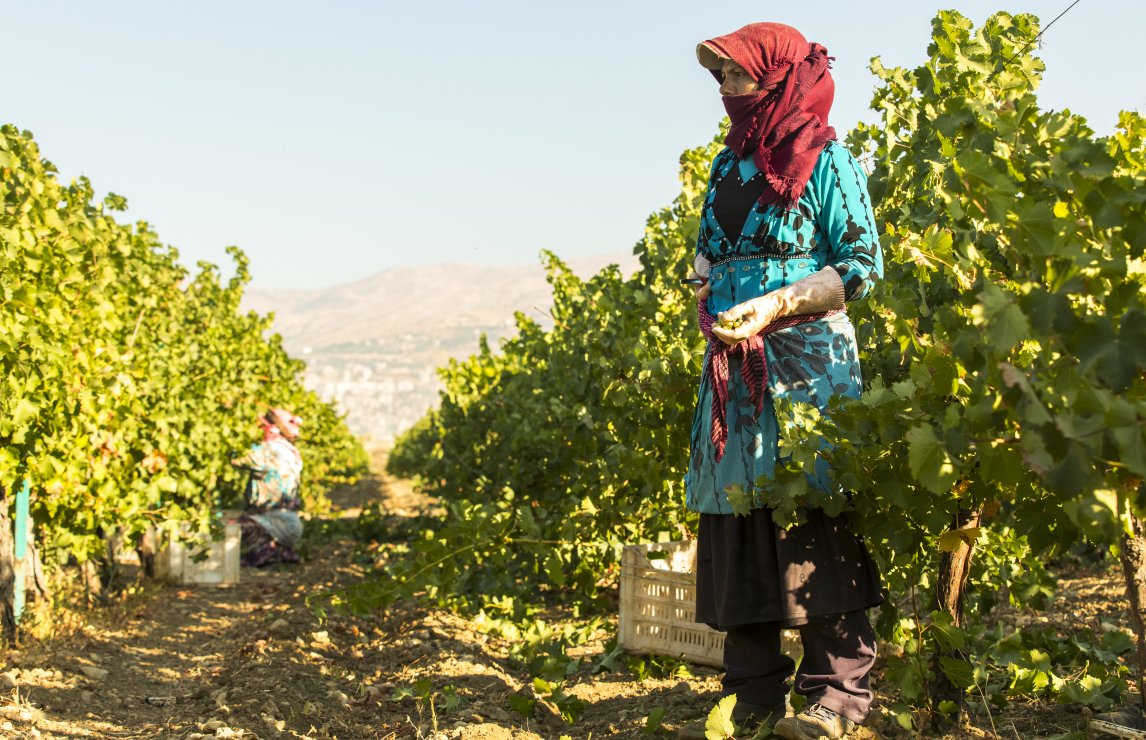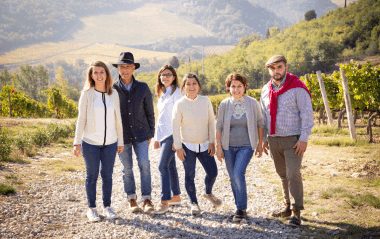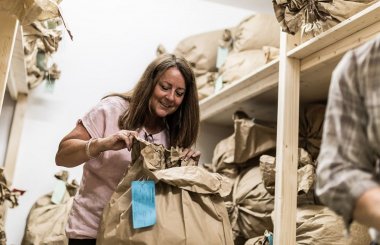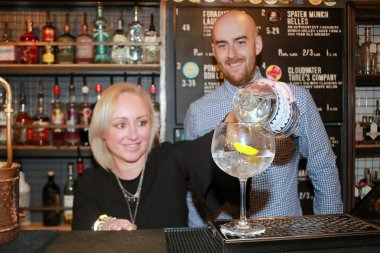Meet the maker: Khalil Wardy, Domaine Wardy
More recently, they have won 21 awards with IWSC, most recently the Indigenous Grape Varietal Trophy 2019 for their Obeidi 2016, which our experts described as having "an exciting nose with greengages and quince and dried fruit, nutty start on the palate but well balanced by a crisp and creamy, mouthcoating texture." We spoke to Khalil Wardy of the Domaine about what make his wines unique and the problems that winemakers are facing in Lebanon.
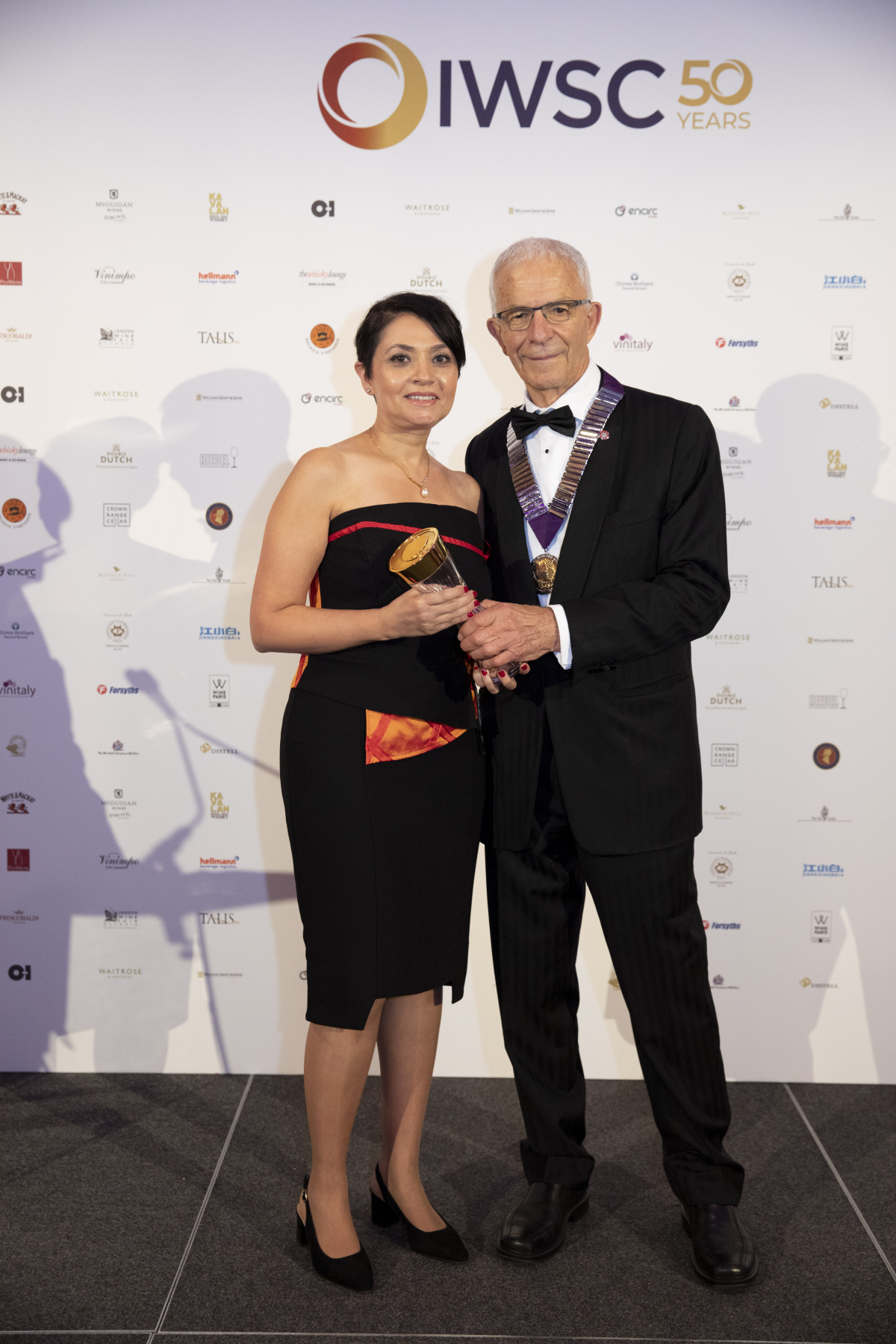
Owner Rima Wardy with Sir George Fistonich, IWSC President 2019, collecting the Indigenous Grape Varietal Trophy at our 2019 Awards Banquet.
What makes your wine unique?
We aim to represent the terroirs of the Beqaa Valley in the most honest light. We don’t want to imitate. We want to learn from others (and it’s a continuous learning process), but make that knowledge our own.
We are also concentrating more and more on our local indigenous grape variety, the Obeidi. It’s such a shame that very few indigenous varieties survive in Lebanon. We were the first to use it as a single-varietal wine, having previously used it in our unoaked blends, and soon we plan to incorporate it into an oaked blend.
Do you have any thoughts on the future of the Lebanese wine industry?
The great proliferation of new wineries in the past few years shows a certain belief in the future of our wine industry. The freedom that we have, with almost no regulations, is a great advantage and acts as a wonderful catalyst for innovation and experimentation in the fields of viti- and viniculture.
While the future of the actual winemaking industry is very promising, the political and financial situation of the country today casts a dark shadow over a possible bright future.
What problems does the Lebanese wine industry face, and what solutions do you have?
Lebanon is a small and heavily populated country which makes the availability of agricultural land very expensive. Infrastructure, devastated during the civil war, is still in a sad state, and almost all raw materials are imported: vines, tanks, machineries, barrels, bottles, corks, labels, caps, etc. Insurance premiums and interest rates are very high, with no governmental subsidies, support or assistance all results in very high production costs. We simply cannot compete as far as price or quantity, so we must concentrate on quality.
How has working with IWSC helped you?
We have won 21 awards from IWSC so far, and we’re particularly proud of the gold “best in class” medal for Arak Wardy in 2006, and the trophy for our Obeidi wine in 2019.
Winning these awards is of the utmost importance, as they raise awareness about Arak and the Obeidi grape. An IWSC medal gives a level of trust as to the quality of its bearer helping us to sell these wonderful products.
